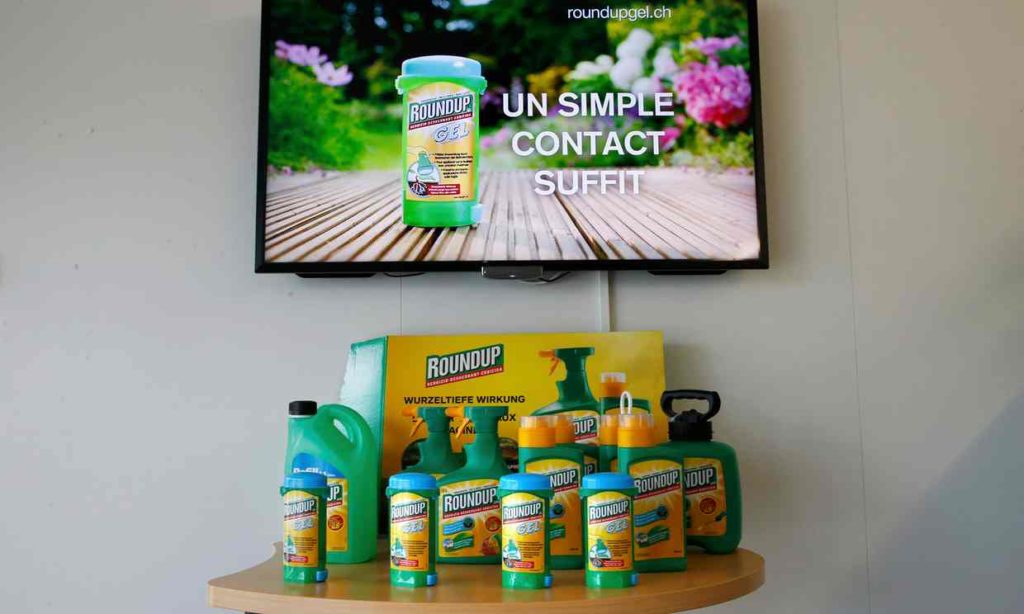Proposal for temporary license extension for chemical used in weedkiller, to study concerns over cancer risks, fails to get sufficient majority in voting.

EU nations have refused to back a limited extension of the pesticide glyphosate’s use, threatening withdrawal of Monsanto’s Roundup and other weedkillers from shelves if no decision is reached by the end of the month.
Contradictory findings on the carcinogenic risks of the chemical have thrust it into the centre of a dispute among EU and US politicians, regulators and researchers.
The EU executive, after failing to win support in two meetings earlier this year for a proposal to renew the licence for glyphosate for up to 15 years, had offered a limited 12 to 18 month extension to allow time for further scientific study.
It hopes a study by the European Union’s Agency for Chemical Products (ECHA) will allay health concerns.
Despite the compromise, the proposal failed to win the qualified majority – the support of member states representing at least 65% of the EU’s population – needed for adoption, an EU official said.
Seven member states abstained from Monday’s vote, 20 backed the proposal and one voted against, a German environment ministry spokeswoman said.
European commissioners will discuss the issue at a meeting on Tuesday, a commission spokesman said.
Failing a majority decision, the EU executive may submit its proposal to an appeal committee of political representatives of the 28 member states within one month. If, again, there is no decision, the European commission may adopt its own proposal.
The controversy overhangs German chemicals group Bayer’s $62bn offer in May to buy US seeds company Monsanto. Germany was among those which abstained from Monday’s vote and has in the past opposed Monsanto’s genetically modified seeds.
Commenting on the decision, the Green’s environment and food safety spokesperson Bart Staes MEP said: “We applaud those EU governments who are sticking to their guns and refusing to authorise this controversial toxic herbicide. There are clear concerns about the health risks with glyphosate, both as regards it being a carcinogen and an endocrine disruptor. Moreover, glyphosate’s devastating impact on biodiversity should have already led to its ban. Thankfully, the significant public mobilisation and political opposition to re-approving glyphosate has been taken seriously by key EU governments, who have forced the EU commission to back down.
“The commission must stop continuing to try and force through the approval of glyphosate. Such a move would raise major democratic concerns about the EU’s decision-making process.”

Leave a Reply